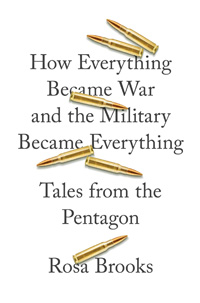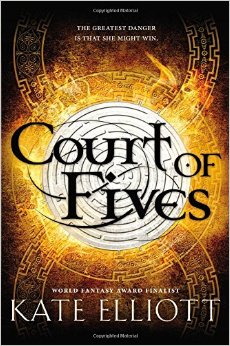Persistent Technologies
Sunday, October 30th, 2016I’ve been catching up on my reading, and chanced to find — almost simultaneously — two articles looking at the potential advantages of old, seemingly outdated technologies.
The first, “What An NFL Coach, The Pentagon And Election Systems Have In Common” starts off with a discussion of Bill Belichick, head coach of the New England Patriots, angrily rejecting the use of tablets during football games, calling the technology “undependable.” It goes on to talk about the inherent security of the paper trail generated by America’s old-fashioned and decentralized voting system, and the potential security in the antiquated software behind some weapons systems. As someone who is still using an ancient version of Windows on my writing computer, I am in total sympathy with the latter. 🙂
The second article, Why the US Military Still Flies Cold-War Era Planes looks at old, “persistent” technology from a different angle. The U2 was first built in 1955. It’s still flying today. Why? Because it still does the job:
“With its interchangeable nose cones and sophisticated surveillance equipment, there’s no reason not to think of the U-2S as a cutting-edge, contemporary technology
…
Like all technologies, planes are flexible. They change both through use and through the actions of their users. They undergo maintenance and updates…
I like this term, “persistent technology.” It’s a good concept to keep in mind when writing near-future fiction. Not everything has to be shiny and new.








 How Everything Became War and the Military Became Everything: Tales From the Pentagon, by Rosa Brooks, is a wide-ranging overview of the present state of the American military, how we got to this point, the effect of recent changes on both our system of government and on the world at large, the implications for the future, and thoughts on how we can do better.
How Everything Became War and the Military Became Everything: Tales From the Pentagon, by Rosa Brooks, is a wide-ranging overview of the present state of the American military, how we got to this point, the effect of recent changes on both our system of government and on the world at large, the implications for the future, and thoughts on how we can do better. This is a short post for writers…although I’m sure readers have opinions too.
This is a short post for writers…although I’m sure readers have opinions too. Home again and happy to be here!
Home again and happy to be here!